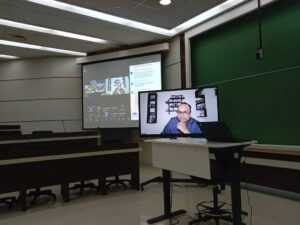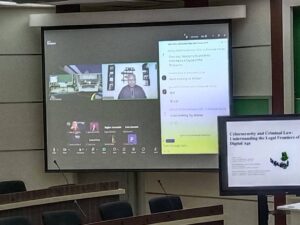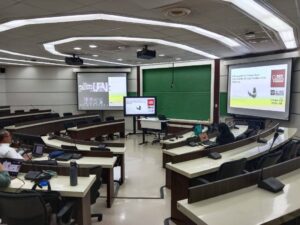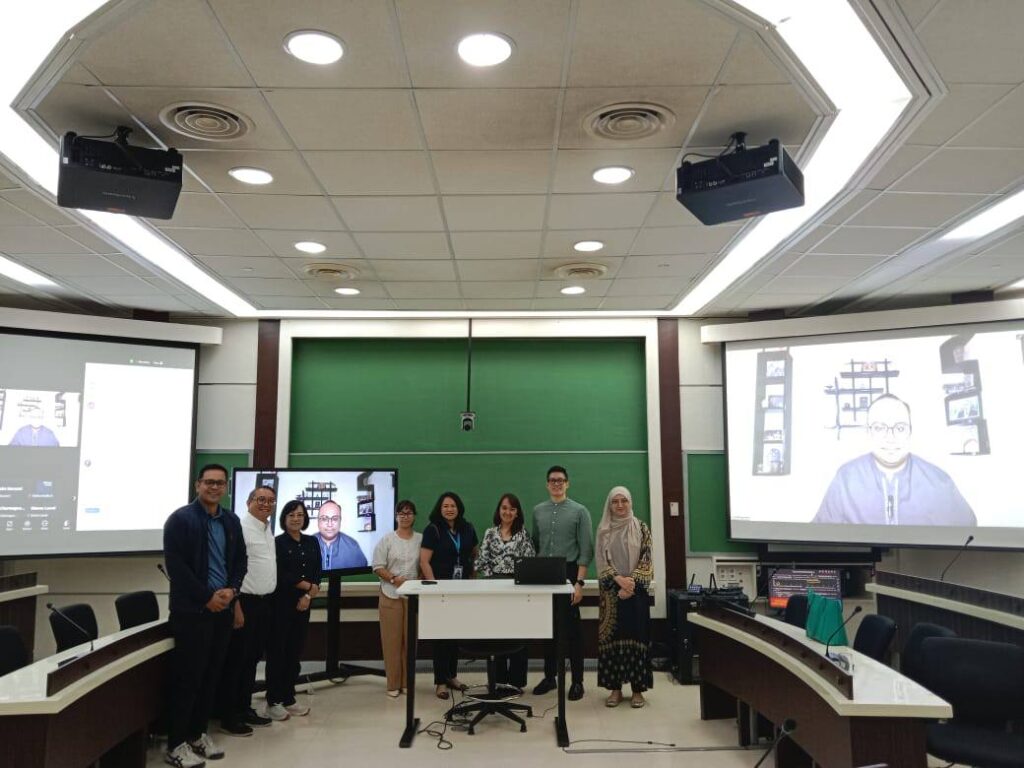Exploring Cybersecurity and Criminal Law in the Digital Age
Dr. Ammar Younas was invited to deliver a public lecture at the prestigious Asian Institute of Management (AIM) 🇵🇭 on the evolving intersection of technology, law, and justice. The talk was titled:
“Cybersecurity and Criminal Law: Understanding the Legal Frontiers of the Digital Age”
Established in 1968 in collaboration with Harvard Business School, AIM is recognized as one of Asia’s leading institutions in business, law, and public policy education. The session drew a diverse and enthusiastic audience, including students, faculty members, and legal-tech professionals from across the Philippines.
🔍 Lecture Highlights
In this lecture, Dr. Younas explored how emerging technologies such as:
-
Artificial Intelligence (AI)
-
Web3 and Decentralized Autonomous Organizations (DAOs)
-
Brain-Computer Interfaces (BCIs)
-
Algorithmic Justice Systems
are radically transforming the nature of crime, legal evidence, and criminal responsibility.
Topics included:
-
Cyber Corruption and State-Sponsored Hacking
-
Neuro-Digital Hacking & Biometric Exploitation
-
Digital Personhood and Algorithmic Manipulation
-
Web3 Forensics and DAO Liability
The core message: The legal future isn’t coming—it’s already here. Lawmakers, technologists, and civil society must now work together to redefine accountability, rights, and governance in the digital era.




